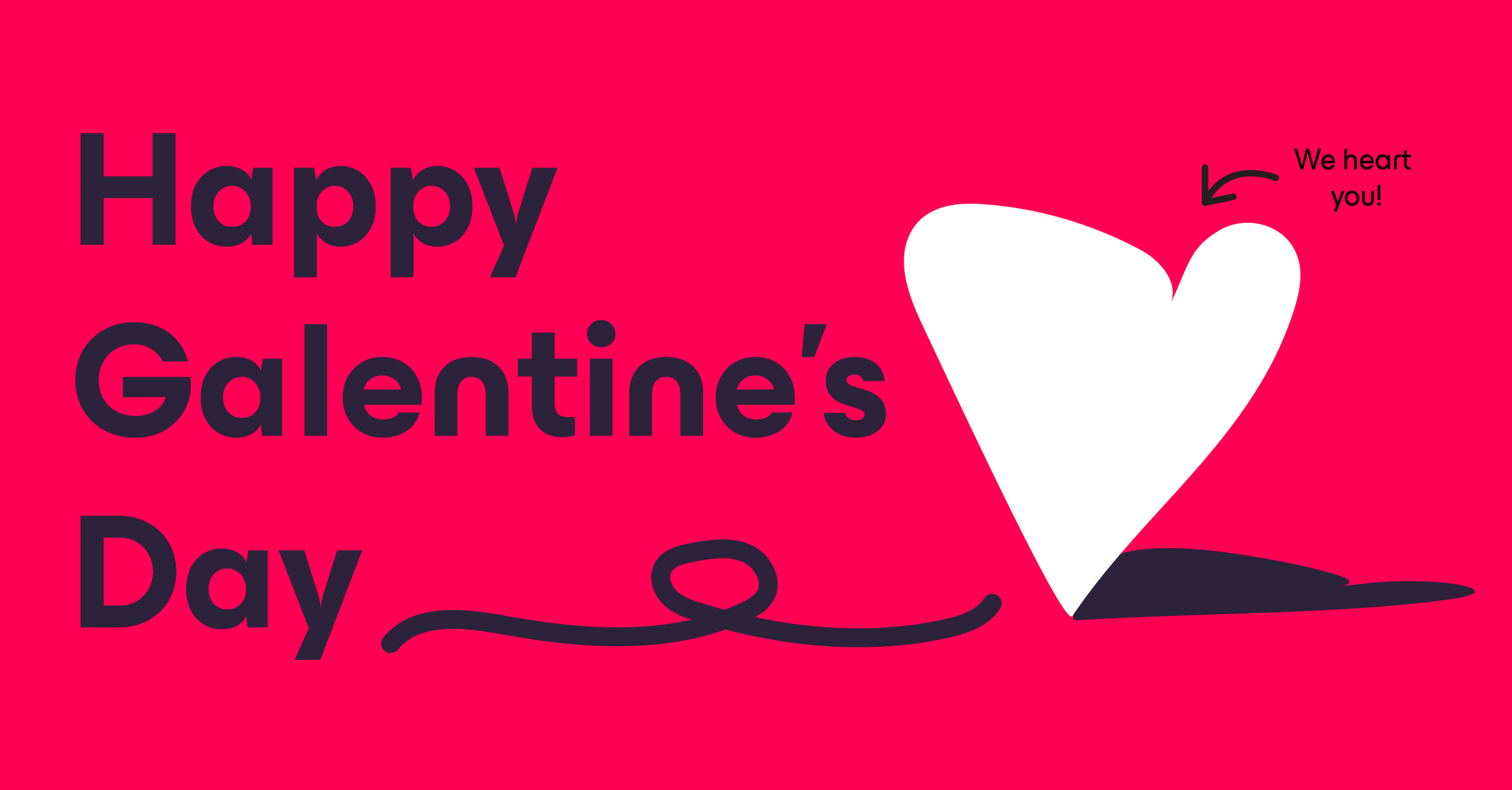Why Women Are Not CEOs and How CEOX Is Changing That
In honor of Women’s History Month, we’re kicking off March with guest writer, Luann Abrams, CEO of CEOX. Luann is a fierce advocate for women accelerating into C-level positions, and she’s leading the fight in changing the imbalance of executive roles in all industries that predominantly recruit and hire males.
The backstory
A couple of years ago, I was attending the annual meeting of a venture fund when the new CEO of one of the fund’s portfolio companies was introduced. I knew that the founders at that company were leaving, but I was shocked when the new CEO stepped on stage, and he was a man. I suppose a male CEO is not all that shocking, but the company was a women’s healthcare platform. I turned to one of the partners and said, “You couldn’t find a woman for that role?” and his reply was, “We tried!”
Of course, I couldn’t let the “We tried” comment go, and I dug deeper to find that they did, in fact, try to find a woman for that role but were ultimately unsuccessful.
Now, they did what many small and midsize companies do: go into their network to search and find a qualified candidate. But with such high costs associated with recruiting and filling C-level positions, conducting formal searches is often out of reach for companies. The responsibility is ultimately left to the investors, company executives, and board members to conduct recruiting and hiring on their own. And even if the company can pay for a recruiter, a team will exhaust all efforts in their own search and maybe move on to try a new approach or simply settle with who they have.
The problem with recruiting from your network
Going into your network presents several problems. A recruiter once pointed out that everyone thinks they have a great network — we all connect with people who are most familiar to us, so it is logical that if you analyze your network, you’d find that the bulk of your network is similar to you.
For example, if we take a look at venture capitalists, most are men, less than 20% of public board members are women, and 57% of the people in this network that are on LinkedIn are men. If this group of people is going “into their network” to find CEO candidates, is it any surprise that the candidates bubbling to the top end up being men?

Men versus women
As I began to dig deeper into this issue, it became clear that it wasn’t just a feeling I had that businesses would be more successful with a woman at the helm. A recent study found that women-run businesses generated higher revenues and created more jobs than equivalent male-run companies:
- Peakon recently surveyed 60,000 employees in 43 countries and found that both men and women were happier and more satisfied in their jobs at women-led companies. Happy employees are productive employees and cost companies less money in turnover and training.
- According to a recent S&P Global study of 5,825 companies with new executives, the stock price for companies with female chief executives outperformed those with men at the helm by an average of 20%. And contrary to stereotypes, women have a higher appetite for growth.
- A BizWomen survey of 1,366 business owners revealed that 32% of female-owned businesses are actively expanding compared to only 27% of male-owned businesses.
Business issues
Not having women in CEO roles isn’t just a social issue, it’s a business issue. If we want more successful businesses and a more robust economy, we must have more women CEOs.
Another hurdle women face when trying to ascend into leadership positions is that male candidates are largely judged by their potential to do a job, while female candidates tend to be evaluated based on their past performance in previous jobs. With companies using that as criteria in the hiring process, women have less of a chance to become CEOs if they did not hold a CEO position in the past. In fact, most women who are CEOs are in that role because they started their own companies, not because they ascended to that level within existing companies.
Assuming rejection before applying
A study by Harvard Business Review found that women are less likely to apply for a job than men if they don’t meet a majority of the experience requirements.
And there is some controversy as to why:
- Is it a lack of confidence in women?
- Are women not aware of how the hiring process works?
- Have they been passed over so many times that they simply don’t want to spend their time applying unless they can tick every box?
The fact remains that women are not applying to as many jobs compared to men when they think they don’t fulfill all the qualifications — adding to the cycle of women not advancing as quickly as men.
CEOX Circle is changing the recruitment and hiring process
So how do we find CEO-ready women when our networks are biased and women are being overlooked? That’s where the CEOX Circle comes in.
When I started formulating the idea of CEOX, I distilled it down to the most basic level. We know that these women are out there, so let’s make them easy to find. We also know that one of the most meaningful endorsements anyone can get is from a successful leader, and CEOX identifies CEO-ready women through nomination by successful senior leaders.
How we do it
- Partnering with Women In Revenue to identify the women in their network who are CEO-ready. With every CEO placement, a donation will be given back to the organization to help continue to support them.
- Working with companies, recruiters, venture capitalists, and private equity firms who are open-minded enough to understand how valuable women leaders can be.
- Receiving CEO-ready women nominations. Individual women can be nominated or submitted for CEO opportunities – this is critical and the most valuable to accelerating women into CEO roles.
Our allies take pride in associating their reputations and names with the women they are nominating. These aren’t job references — this is women advocacy, and the status quo is changing as recruitment and hiring processes are including CEOX in their executive searches.
I started CEOX thinking I was here to help women, but truly after every conversation, I am the one taking away something valuable from every woman I encounter. These women are highly qualified superstars and are making positive impacts in their current roles. Their future leadership is not only going to change the companies they are leading, but will transform our economy and culture at large.
As our CEOX circle continues to grow, we want to thank companies like Unreal Digital Group for sharing our voice in advocating for more CEO women. If you want to learn more about CEOX, visit our website.


